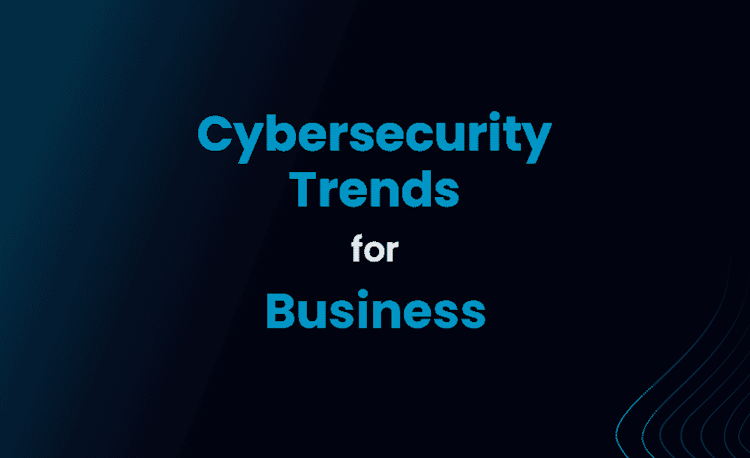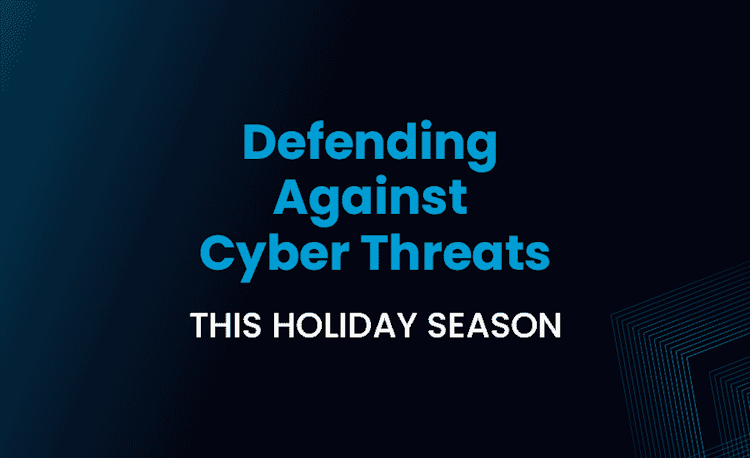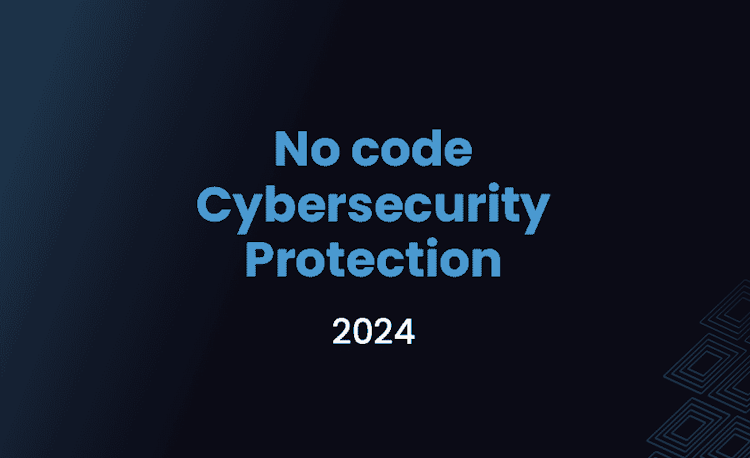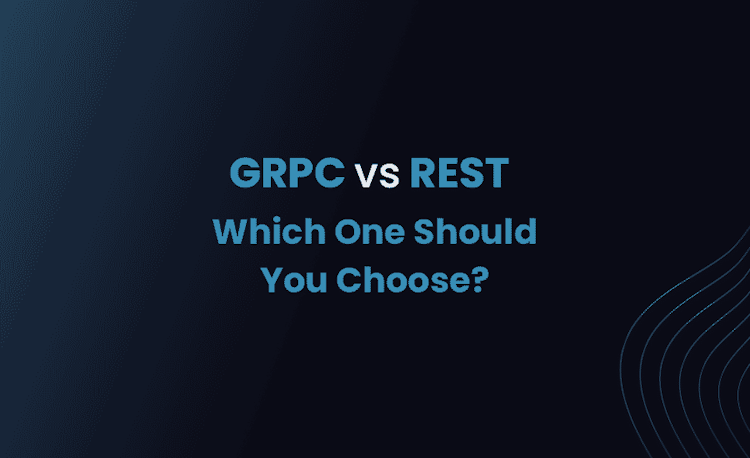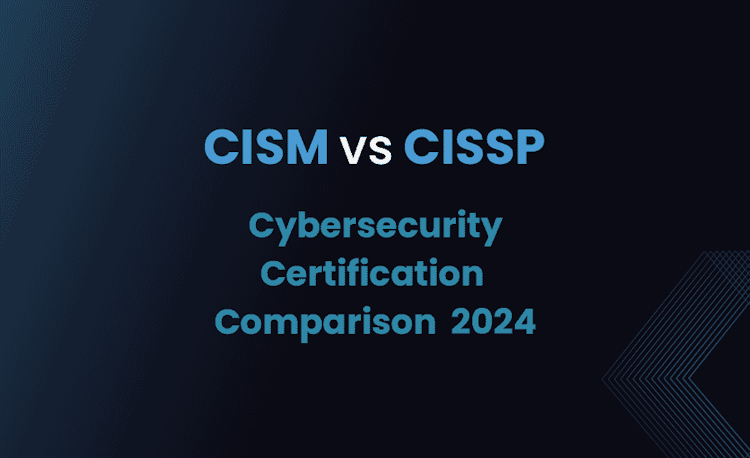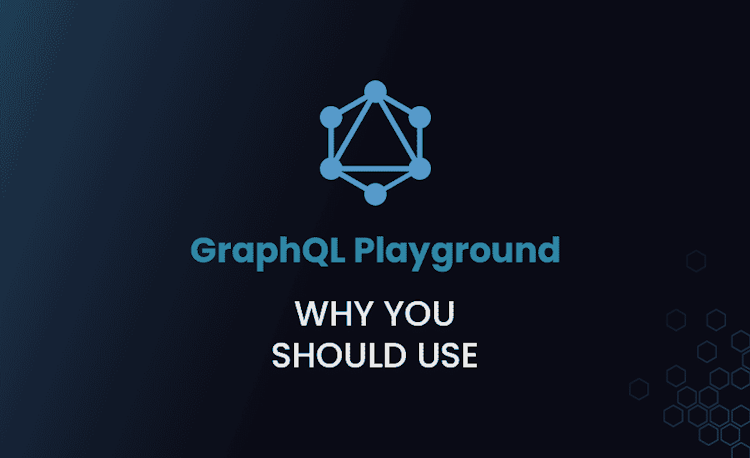The Importance of Cybersecurity in the Healthcare Sector

Cyberthreats in Healthcare: What’s at stake?
Let’s face it, mobile apps, embedded software, and IoT devices have become a vital part of modern healthcare, providing better and life-saving services. But these innovations have also exposed a vital industry to cyberattacks!
So, why should we even care about cybersecurity in healthcare?
Well, the healthcare industry holds some of the most sensitive and essential data, from personal to critical health information. To better grasp the significance of this topic, let’s break down the possible problems, consequences, and losses caused by cyberattacks within the healthcare sector.
The Risks
- Regulatory compliance: Not securing your apps can lead to failing FDA and EU-MDR compliance, resulting in legal and financial consequences. Remember, better safe than sorry!
- Privacy violations: Unauthorized access and disclosure of confidential patient data? This is not only harmful to the patients but may also ruin a company’s reputation. No one likes a blabbermouth!
- Loss of reputation: Trust issues, anyone? When patients doubt the security of their information, they’re less likely to use healthcare apps and services. Reputation is key!
- Service interruptions: Downtime due to cyberattacks affects productivity, revenue, and patient satisfaction. Experiencing a massive headache yet?
- Data loss: Misplacing sensitive information (medical, personal, financial) can have dire consequences for patients and health providers alike.
- Recovery costs: Investigating breaches, providing assistance to affected individuals, potential regulatory fines, and legal costs can be pricey!
Are you aware?
Let’s dive into a few real-world examples to illustrate how healthcare cyberattacks have made the news.
- Anthem Data Breach: Anthem, one of the largest health insurance providers in the US, suffered a massive data breach, compromising the data of around 78.8 million customers. Read more here.
- Hollywood Presbyterian Medical Center Ransomware Attack: A ransomware attack on Hollywood Presbyterian Medical Center locked staff members out of their systems. The hospital had to pay a ransom of $17,000 in bitcoin to regain access. Learn more here.
- Fresenius Data Breach (2020): Fresenius, a leading global healthcare group, faced a data breach in 2020, resulting in operational disruptions and posing a threat to the patient’s data. Find more information here.
- Universal Health Services Ransomware Attack (2020): Universal Health Services, a US-based hospital system, suffered a ransomware attack in 2020, impacting over 250 facilities and causing significant disruptions. Get the details here.
- Health Service Executive Ransomware Attack (2021): The Irish Health Service Executive (HSE) faced a major ransomware attack in 2021 that caused significant disruptions across the country’s healthcare systems. Learn more here.
So, how can we prevent these cyber threats?
Prevention is crucial! Obfuscating healthcare applications is a must. By encrypting sensitive code segments, renaming classes or variables, and applying anti-debugging/tampering measures, obfuscation acts as a strong protective layer.
Meet ByteHide Shield!
ByteHide Shield is an obfuscator tool that can help you secure your healthcare apps. With military-grade encryption and user-friendly preconfigurations, it’ll have your apps protected in no time! Learn more here.
Time for a Reality Check!
Remember, cyberattacks in the healthcare industry can have severe consequences. Make the smart decision now, and invest in proper cybersecurity measures like ByteHide Shield. This proactive approach will not only secure data but also ensure compliance, safeguard intellectual property, and keep patients safe and satisfied.
Don’t delay protecting your healthcare applications. Take action now and prevent the risks of falling victim to cyberattacks!
